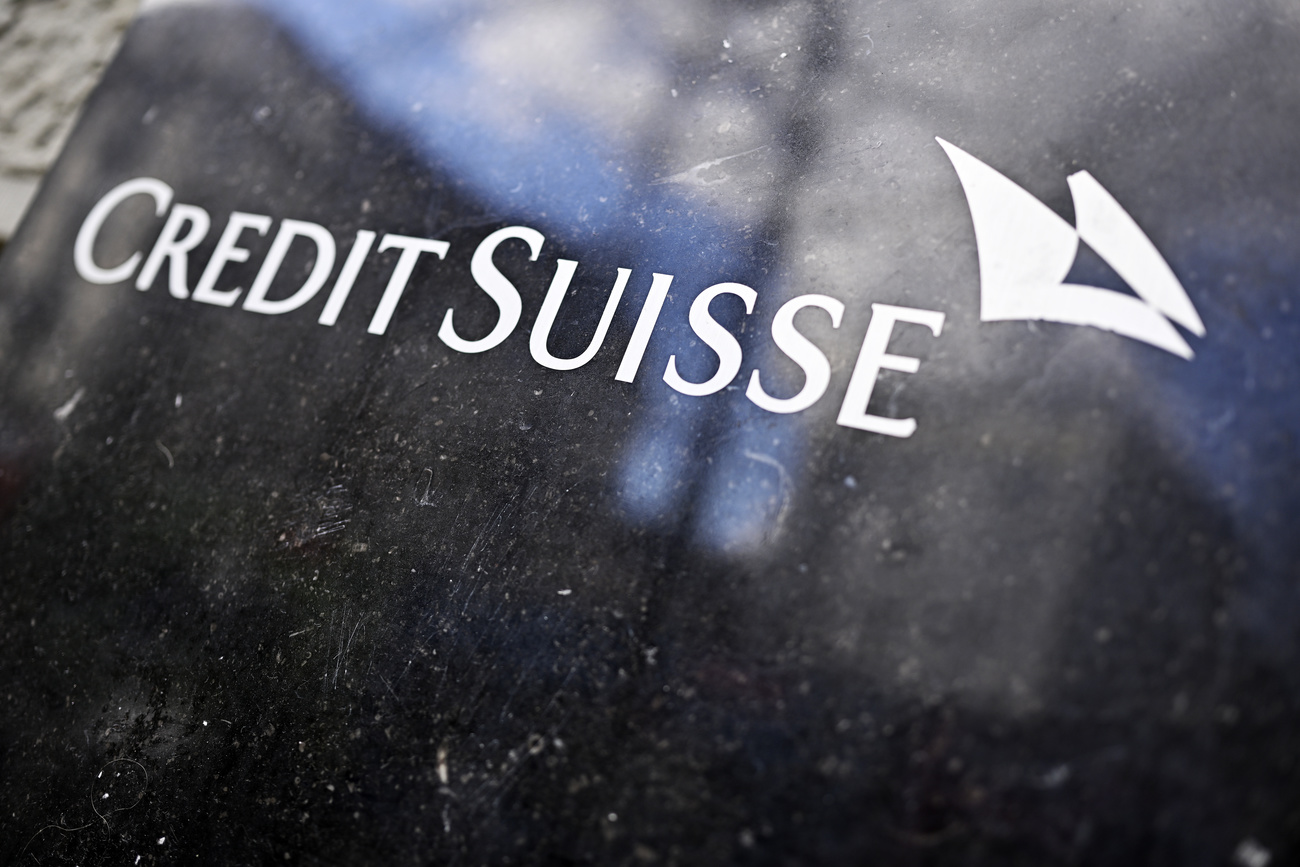
Credit Suisse turns to petrodollars to fund turnaround

Swiss bank Credit Suisse has returned to the Middle East to shore up its finances amid mounting losses and a deteriorating balance sheet.
In the aftermath of the 2008 financial crisis, Qatar’s sovereign wealth fund, the Qatar Investment Authority, built up a 5% stake in Switzerland’s second largest bank.
Now the Saudi National Bank has accepted the chance to take a 9.9% stake in Credit Suisse at a cost of CHF1.5 billion ($1.5 billion). This would make the Saudi financial institution one of the largest shareholders at Credit Suisse.

More
Credit Suisse cuts thousands of jobs to restore fortunes
At present, US investment company Harris Associates is Credit Suisse’s largest shareholder with just over 10%. Also listed as significant shareholders with more than 3% are the Qatari sovereign wealth fund and Olayan Group, an investment company with strong Saudi roots.
Credit Suisse views the Middle East as an important market. Last month, the bank said it would expand its operations in Qatar, including a new technology hub.
“We have been in the Middle East for nearly 60 years and it will be one of the strongest growth regions over the next 10 years,” an unnamed Credit Suisse executive told the Financial Times. “It is a region we have focused on and we want to grow in — especially as we have strong partners in the region.”
In total, Credit Suisse plans to raise CHF4 billion in fresh capital and will also offer existing shareholders the chance to take up newly issued shares. Speaking to reporters on Thursday as it released details of a new strategic direction, Credit Suisse declined to give out further details of its future shareholding structure.
“It is very important that we have an extremely strong balance sheet to help us carry out this transformation and which will give us enough of a buffer when there is volatility in this very challenging environment,” group chair Axel Lehmann told Swiss public broadcaster SRF when questioned about the Saudi investment.
Mounting losses
Credit Suisse has suffered four quarters of losses, culminating in a CHF4 billion loss booked in the last three months, largely due to a one-off tax related charge linked to its restructuring. The bank is shedding 9,000 jobs in the coming years and the restructuring process is expected to cost CHF2.9 billion.
The extra capital will give the bank greater breathing space as it sells off large parts of its unprofitable investment banking business and throws risky assets off its balance sheet.
Swiss shareholding group, the Ethos Foundation, which constantly lobbies the bank to adopt more sustainable policies, is disappointed at the way new shares have been created and offered to a preferred party.
“We are critical of the entry into the capital of a new strategic shareholder in view of the current valuation of the bank,” CEO Vincent Kaufmann told swissinfo.ch “The new shareholder will obtain nearly 10% of the capital for only CHF1.5 billion. This plan is dramatic for the current shareholders who will suffer a very significant dilution effect.”
Ethos will consider its options before deciding whether or not to vote in favour of this capital increase at an extraordinary general meeting next month. But the investment group is pleased that Credit Suisse is considerably downsizing its risky investment banking operations to concentrate on wealth management.
Swiss roots emphasised
Many of the bank’s recent problems have stemmed from high octane deals that have gone wrong, such as the collapsed Greensill and Archegos bets.
Andreas Ita, managing partner of Zurich-based risk management consultancy Orbit36, believes Credit Suisse has broadly made the right calls in its strategic review.
“It makes sense to reduce the investment bank. In our view there not so many other realistic options available to them,” Ita told swissinfo.ch. “It makes sense to raise CHF4 billion to cover restructuring costs. It would have been risky to start the strategic transformation without this extra capital.”
Credit Suisse chair Lehmann made reference to the bank’s Swiss founding father, Alfred Escher, when he addressed the media on Thursday.
Lehmann said his job was to “rebuild Credit Suisse as a strong, efficient bank with firm foundations – rock solid like our Swiss mountains. A bank that is proud of its Swiss roots and global reach.”
To achieve this end, Credit Suisse is turning away from the high-octane world of Wall Street traders in the United States and towards the safety blanket of petrodollars in the Middle East.

In compliance with the JTI standards
More: SWI swissinfo.ch certified by the Journalism Trust Initiative































You can find an overview of ongoing debates with our journalists here . Please join us!
If you want to start a conversation about a topic raised in this article or want to report factual errors, email us at english@swissinfo.ch.